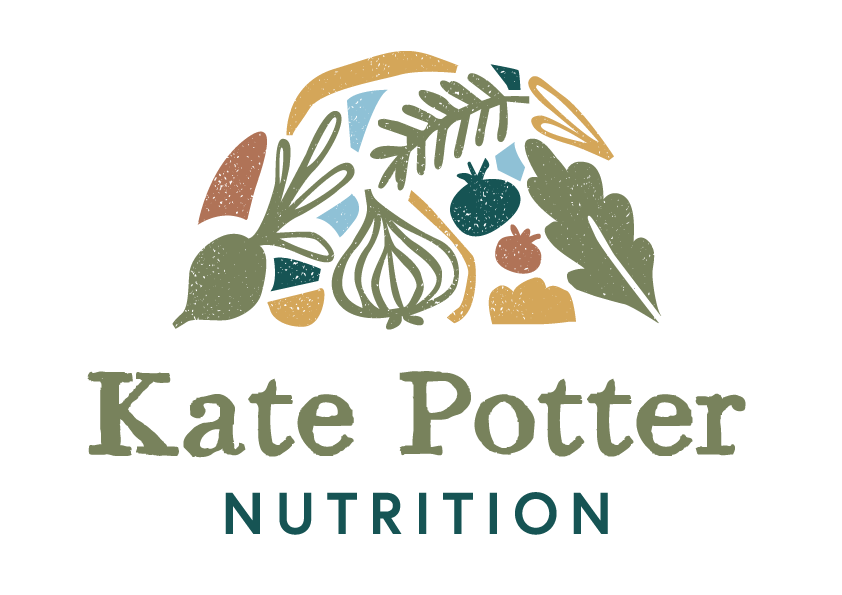Magnesium and autoimmunity
Magnesium is the fourth most common mineral in the body and an essential component of hundreds of daily processes. It has several crucial roles within autoimmune related areas. It activates vitamin D, one of the fundamental nutrients required by the immune system. It promotes bone health. It aids digestion, supports methylation (a detoxification pathway) and reduces oxidative stress, which is usually high in autoimmunity. It is also promotes good thyroid function, which again can problematic for some with autoimmune conditions.
Magnesium is present in higher amounts in green leafy vegetables, pumpkin seeds, almonds, Brazil nuts, salmon, avocado, quinoa, legumes and dark (70%+) chocolate.
Yet the important thing to note is that even in these foods, magnesium levels seem to be declining due to soil nutrient depletion. In addition, many people are deficient in magnesium due to malabsorption (gut problems, increased urinary excretion, or bone loss in the elderly), alcohol abuse, excessive sweating (athletes) or medication-induced nutrient depletion (corticosteroids, birth control pills and proton-pump inhibitors to name a few).
Testing for magnesium deficiency is not straightforward. As with several other nutrients, serum plasma (standard blood tests) levels are unlikely to be low, as the body tightly regulates these, so they are the last to display signs of deficiency. Red blood cell magnesium is a better way to test. Alternatively, organic acid testing is a great way to find out if the body is getting enough magnesium.
Magnesium supplementation can be problematic. Supplements are often poorly absorbed and can cause stomach upsets. There are six common forms of magnesium supplementation. In addition, many supplements combine two or more forms. This is where personalised nutrition is important, as a registered nutritionist can advise on the form(s) and dose that would be most appropriate for that individual.
Optimising magnesium levels can make a real difference for someone struggling with an autoimmune condition.
If you would like to know more about how our diet and lifestyle can impact our autoimmune conditions, please sign up to my newsletter here.
Or click here to find out more about working together.
